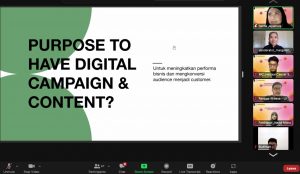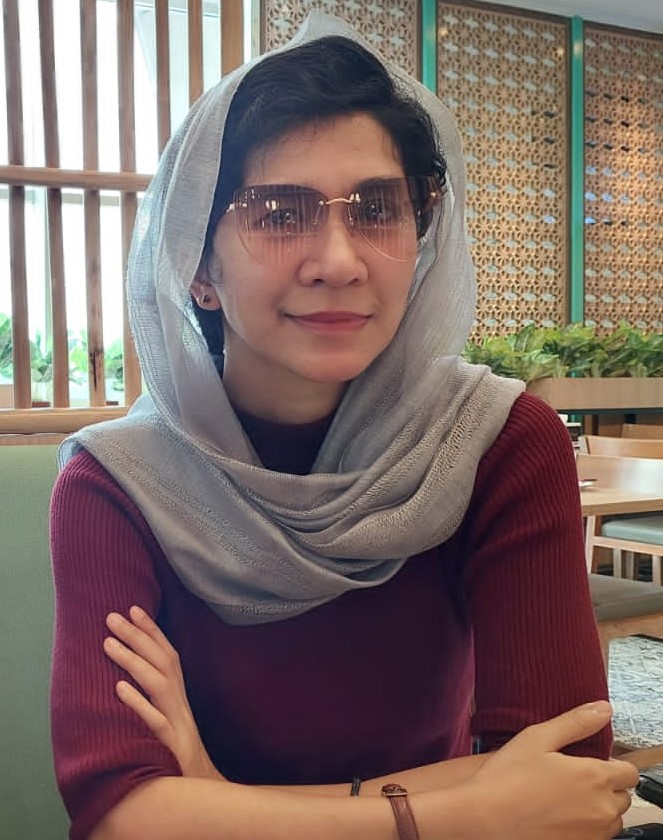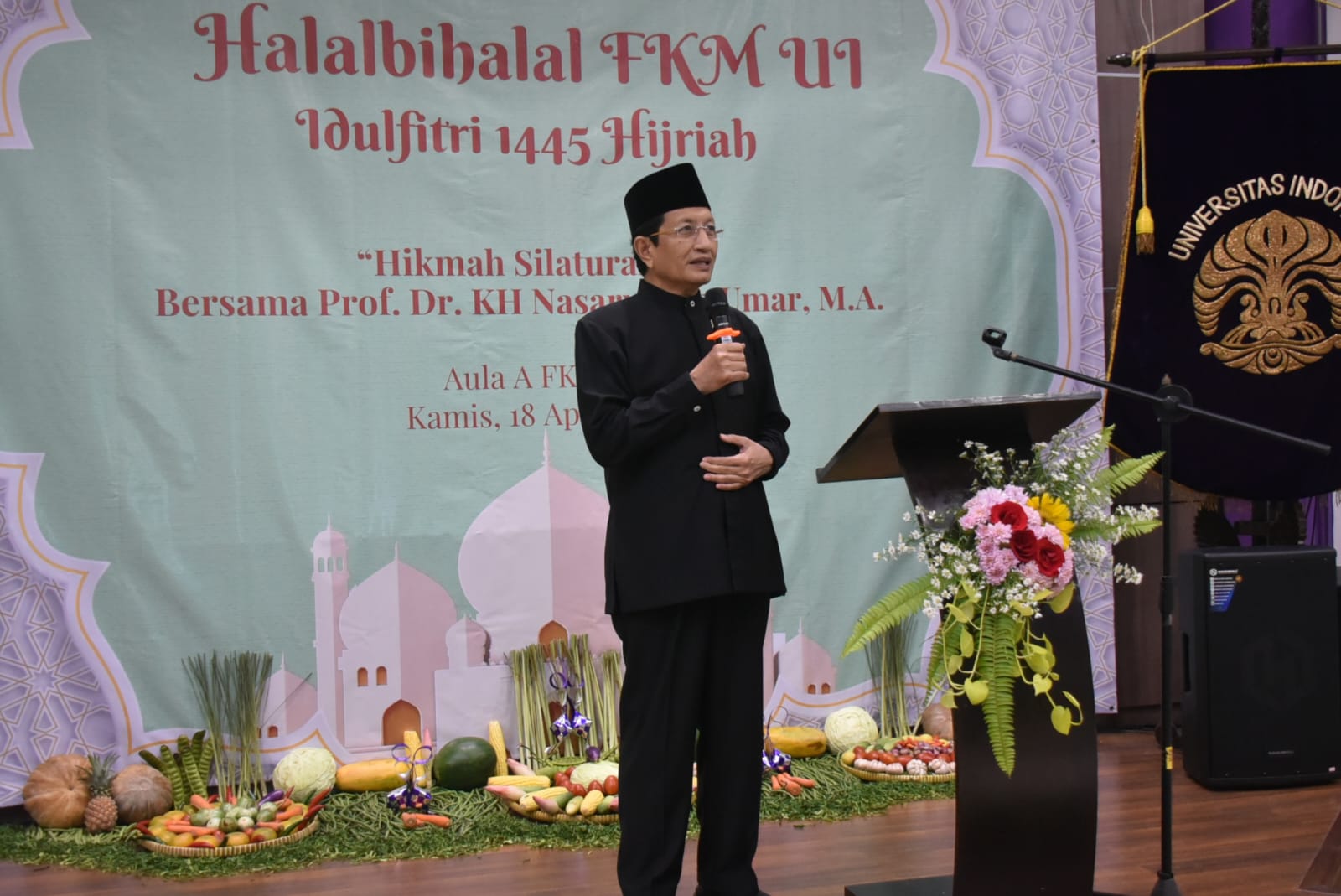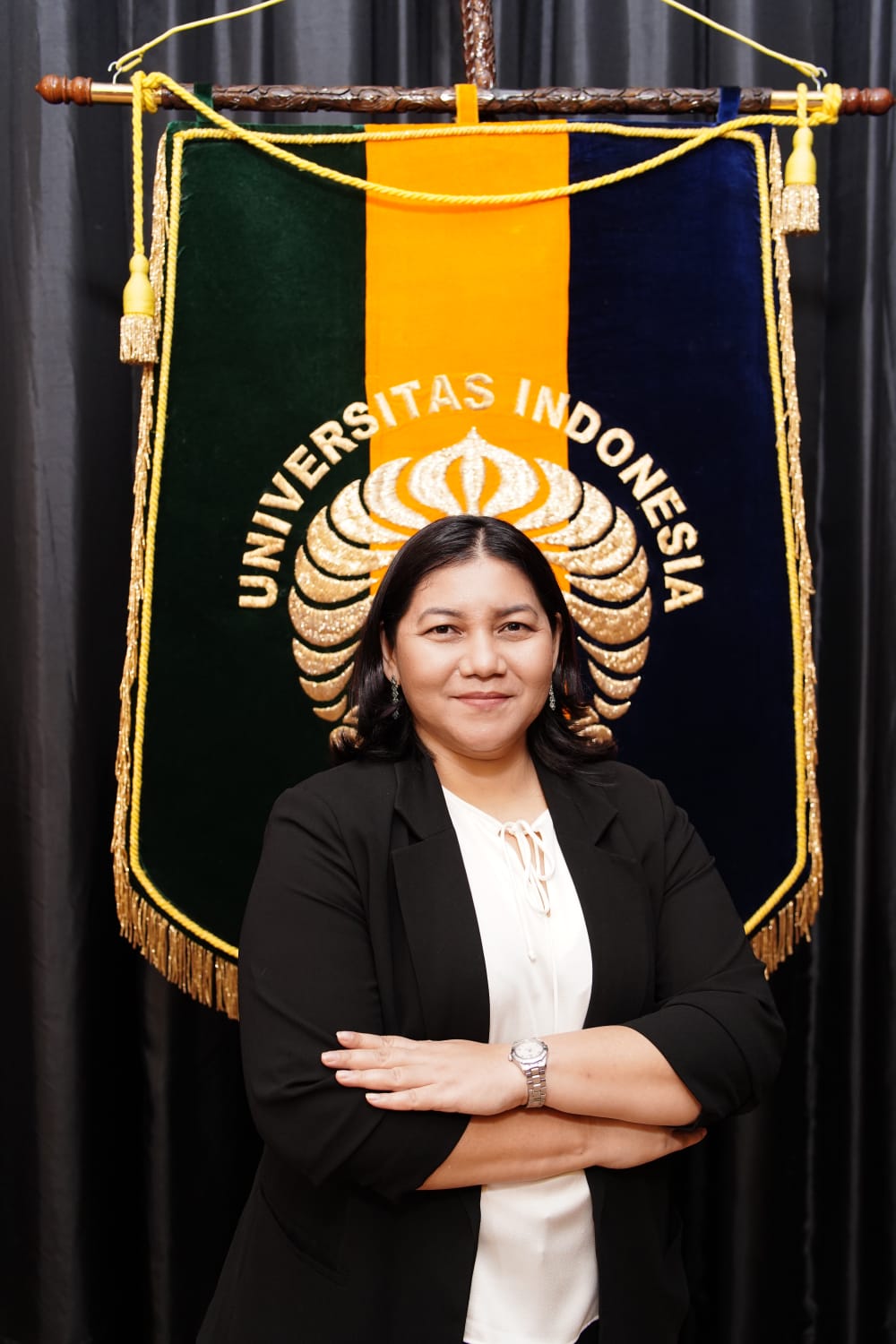
Universitas Indonesia (UI), which opened Bachelor of Applied Science Program in Vocational Education Program of UI since 2021,involves practitioners in the process of transferring knowledge to students. In addition, in an effort to prepare graduates who are ready to work after graduation, vocational program equips students with knowledge gained through training.
One of them is done by the Media Production Study Program through a digital campaign workshop as an effort to improve digital literacy for digital content creators. Media Production, which is based on Arts, Science, Technology, Business, and Communication, has a vision to become a model school/center for digital content studies or new media production in Indonesia.
To realize its vision, the Media Production Study Program held several programs, one of which was Content Lab (COLAB) which is a pioneer Virtual Lab for content creators. COLAB collaborated Academic, Business, Community, & Government (ABCG), and one of the activities carried out was Community Outreach.
Workshop This workshop was the first in a series of Content Lab Media Production UI entitled “Pro-TECT(Promed Technology Content Creator Community Outreach)” in the community service program. The speaker at this workshop was Gerha Jayamala, M.M., entrepreneur and CEO of PT Bos Bayi Besar, hosted by Margareta Manalu, S.Sos., M.S. The workshop, which was conducted online at the end of April 2022, was open to the public, ranging from high school students to students from various universities in Indonesia.
Director of Vocational UI Padang Wicaksono, S.E., Ph.D said technological advances and the dynamic behavior of people in accessing social media can be one of the marketing strategies to develop a brand. “The marketing approach to develop innovative ideas for creative industry players and the general public can be developed through this workshop. Ramadan Month can also be one of the moments to increase customer engagement for businesses, in addition to developing the scientific side of content monetization and digital campaigns for lecturers and students,” said Padang.
Head of Media Production Study Program N. Rangga Wiwesa, M.I.Kom., as the member team at the workshop, said that the users’ habits during the fasting month – just as when the training was given – are different from normal days. “We can see that people will be more accessing their devices, including smartphones, to get more information during this month,” he said.
“The target participants in this workshop are those who are interested in learning about content creation, especially for marketing. In addition to the material presentation, the participants can also experience firsthand how to practice in planning content creation through case studies given in groups,” said Rangga.
In her presentation, Gerha explained the planning and the steps that must be prepared in creating content. “Content creators need to know the purpose of the digital campaign and maximize content creation, especially how content is made relevant to the right platform and easy for customers to access our brand,” she said.
In planning content creation, there are five stages that need to be carried out by content creators, which are determining the purpose of the content; learning the habits of the audience in accessing social media, for example, figures who influence them in making decisions (for example Key Opinion Leader/KOL or influencers); determining effective platforms and timing; determining content pillars based on a combination of audience interests and brand messages; and creating a brief that includes a moodboard/style guide.
In that workshop activity, participants were asked to work in groups and work on case studies in the form of determining the brand and creating a content plan in the form of presentations. Furthermore, they can present the results of the discussion of the case study. .



